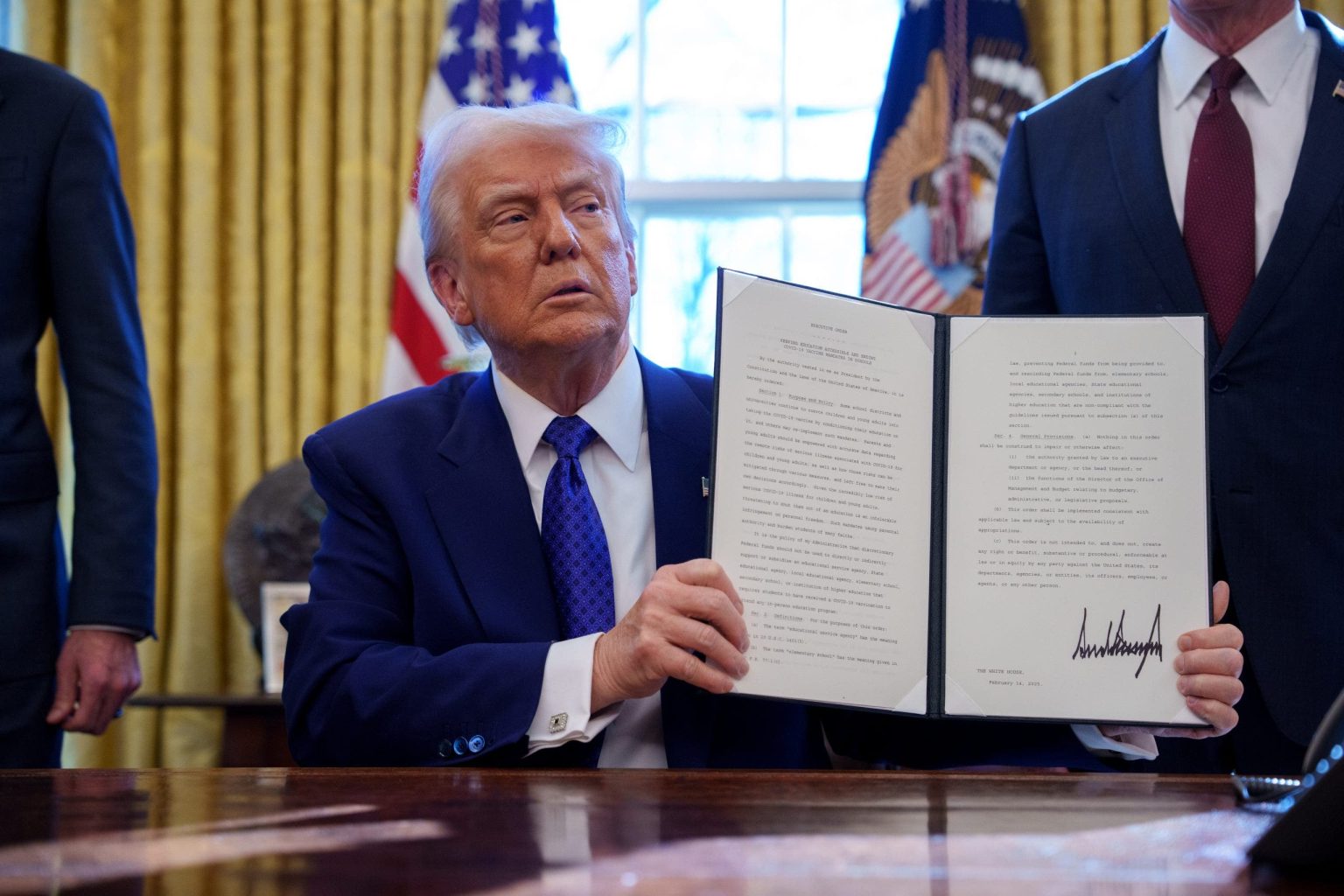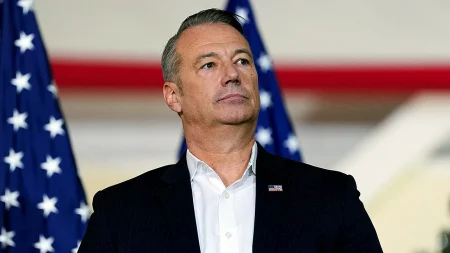Federal Appeals Court Allows Biden-Appointed FTC Commissioner to Keep Her Job Amid Trump Administration Challenge
In a significant development for the independence of federal agencies, a federal appeals court in Washington, D.C. has ruled that Rebecca Slaughter, a Biden-appointed member of the Federal Trade Commission (FTC), can retain her position despite attempts by the Trump administration to remove her. The three-judge panel, consisting of two Obama appointees and one Trump appointee, determined that President Donald Trump’s effort to fire Slaughter “was squarely at odds with Supreme Court precedent.” This ruling represents the latest chapter in an ongoing legal battle over the extent of presidential authority to remove members of independent regulatory agencies without cause—a question that strikes at the heart of the separation of powers doctrine that has shaped American governance for centuries.
The case has followed a convoluted path through the judicial system, with Slaughter experiencing a professional roller coaster in recent weeks. She was initially fired after Trump took office, then reinstated when Judge Loren AliKhan ruled in her favor last month, only to be removed again when the appellate court temporarily paused AliKhan’s decision. Tuesday’s ruling lifts that pause, allowing Slaughter to return to her duties at the FTC while the case continues through the appeals process. The panel was unequivocal in its assessment, writing that “the government has no likelihood of success on appeal given controlling and directly on point Supreme Court precedent,” suggesting that established case law strongly supports the limitation of presidential power to remove commissioners from independent agencies without demonstrating cause.
The Department of Justice, representing the Trump administration, had argued for the appellate court to grant a stay of the lower court’s decision, pointing to the Supreme Court’s recent actions in similar cases involving other independent agencies. Their argument centered on the constitutional separation of powers, with DOJ attorneys asserting that “the court’s reinstatement of a principal officer of the United States—in defiance of recent Supreme Court precedent staying similar reinstatements in other cases—works a grave harm to the separation of powers and the President’s ability to exercise his authority under the Constitution.” This line of reasoning reflects the Trump administration’s broader position that the president should have greater authority to remove officials from independent agencies, a view that could fundamentally alter the balance of power between the executive branch and these regulatory bodies if ultimately upheld.
The case touches on a fundamental tension in American governance: the need to balance presidential authority with the independence of regulatory agencies that were designed to operate somewhat removed from direct political influence. Independent agencies like the FTC were created by Congress to implement and enforce laws with a degree of insulation from the changing winds of electoral politics, allowing them to make decisions based on expertise and long-term considerations rather than short-term political calculations. Historically, Supreme Court precedent has upheld certain limitations on a president’s ability to remove commissioners from these agencies without cause, recognizing that such independence serves important governmental functions in regulating complex sectors of the economy and protecting consumers from potential abuses.
The ultimate resolution of this case could have far-reaching implications for the structure of the federal government and the functioning of dozens of independent agencies that play crucial roles in areas ranging from financial regulation to communications policy. If the Trump administration’s position prevails on further appeal, it could significantly strengthen presidential control over these agencies, potentially making them more responsive to the policy preferences of whoever occupies the White House but also potentially undermining their ability to make decisions based on technical expertise rather than political considerations. Conversely, if the current ruling stands, it would reaffirm the traditional understanding of independent agencies as entities designed to function with a degree of autonomy from direct presidential control.
As this legal battle continues to unfold, it serves as a reminder of how seemingly abstract constitutional principles can have very concrete impacts on the operation of government and, ultimately, on the lives of ordinary Americans. The FTC, for example, plays a crucial role in protecting consumers from unfair business practices and maintaining competitive markets—functions that affect virtually everyone who participates in the American economy. The question of who gets to serve on such agencies, and under what conditions they can be removed, is therefore not merely a matter of administrative procedure but a significant issue that goes to the heart of how power is distributed and checked in our democratic system. With the Trump administration likely to appeal this decision, possibly to the Supreme Court, this case may yet produce a landmark ruling on presidential authority and the independence of regulatory agencies in American governance.















